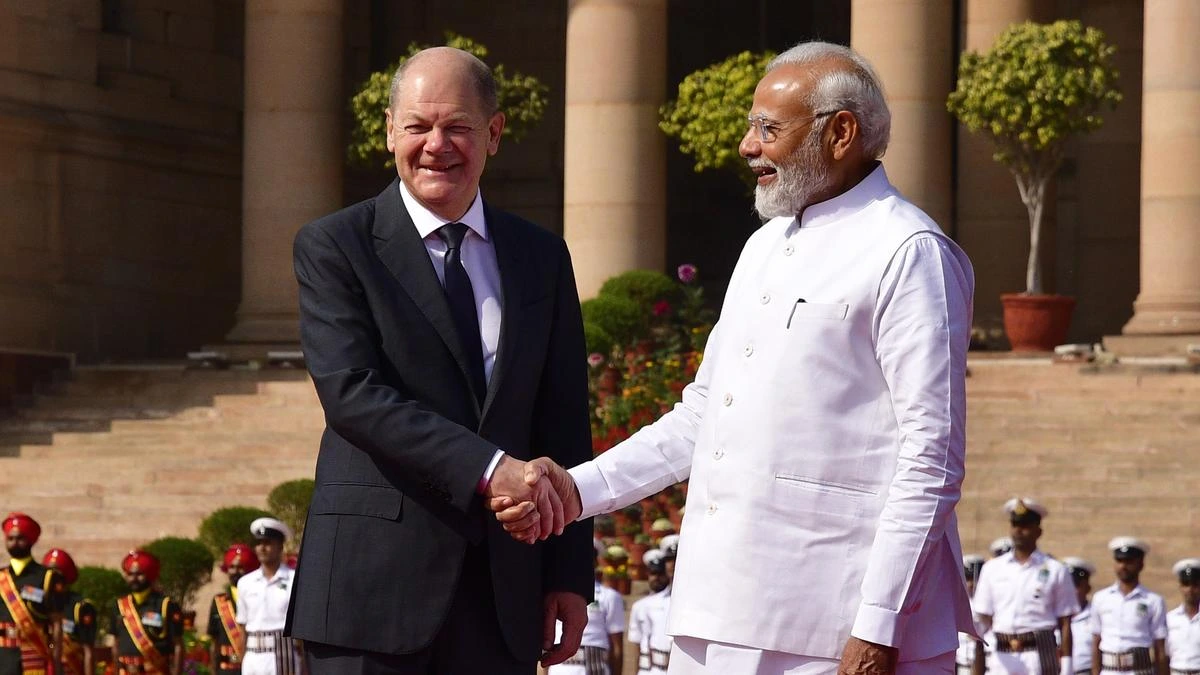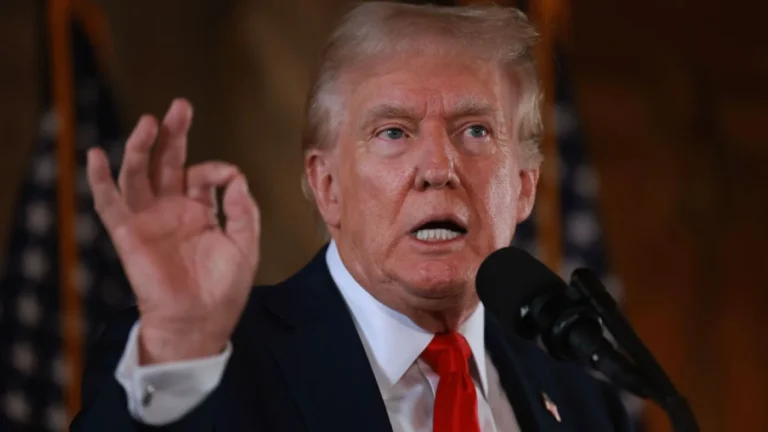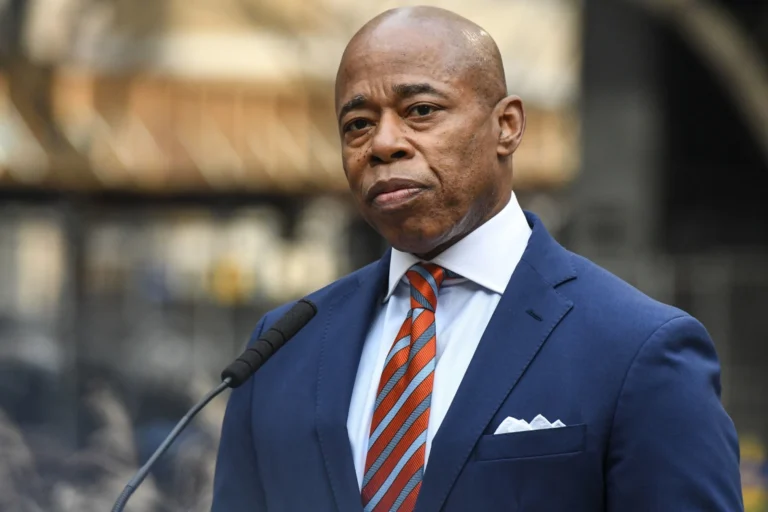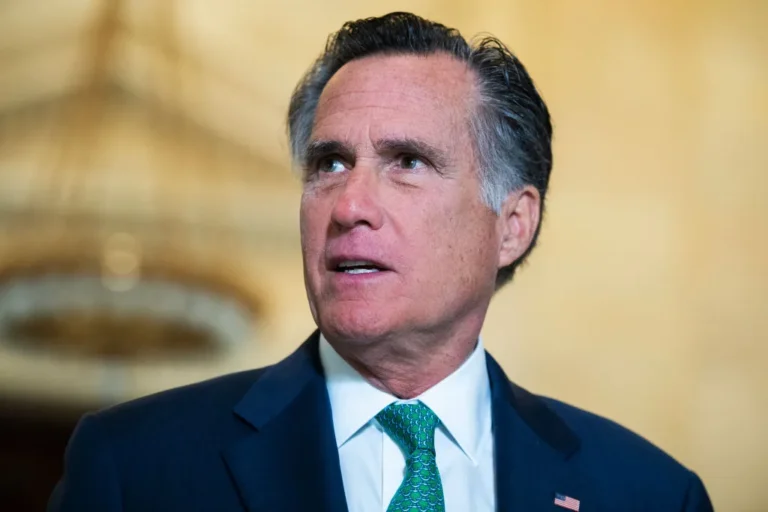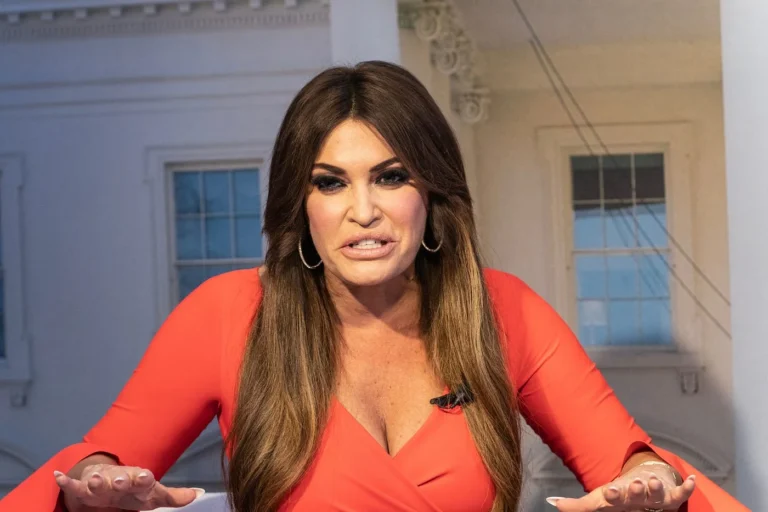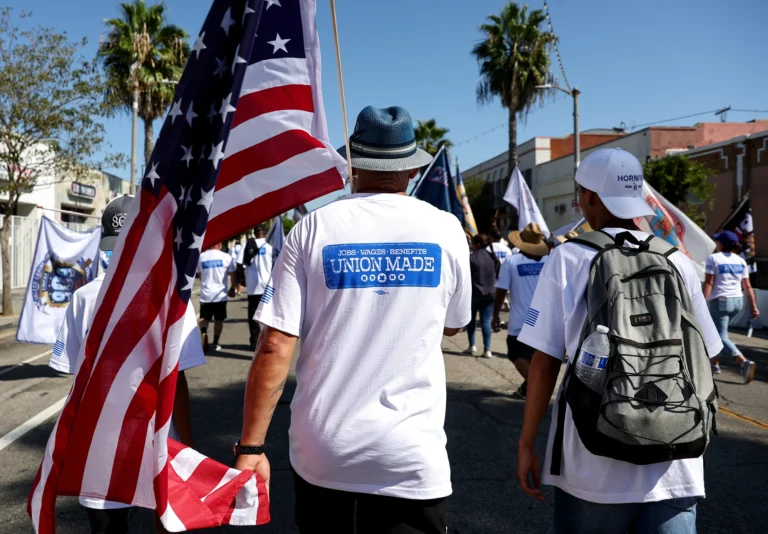German Chancellor Olaf Scholz has expressed a keen interest in strengthening defense cooperation with India, aiming to bring the two countries’ armed forces closer together. His remarks followed a high-level meeting with Indian Prime Minister Narendra Modi, marking a new phase in the Indo-German strategic relationship.
Traditionally, Germany has not been a primary defense partner for India. However, with shifting global alliances and India’s aim to diversify its defense suppliers, Berlin is now seeking a role in supporting India’s reduced dependence on Russian military imports. This strategic pivot aligns with the broader Western efforts to counterbalance China’s growing influence in the Indo-Pacific, a region of critical geopolitical significance. As Western countries boost their regional presence, they are increasingly keen on forming alliances that enhance security and stability.
“Our overall message is clear: we need more cooperation, not less,” Scholz stated after his meeting with Modi. He further emphasized, “At our inter-governmental consultations with India, we aim to deepen our cooperation in defense and work toward integrating our militaries.” His comments underline Germany’s shift toward taking a more active role in security and defense within the Indo-Pacific region.
A significant development in this new phase of cooperation is Germany’s recent decision to grant India a special status, intended to expedite the approval processes for defense purchases. German Ambassador to India, Philipp Ackermann, elaborated on this, noting that Germany has streamlined regulatory processes to facilitate smoother military transactions. A key point of discussion in this context is India’s ongoing Project-75I, which involves the procurement of six advanced conventional submarines for the Indian Navy. Germany’s ThyssenKrupp Marine Systems (TKMS) and Spain’s Navantia are the leading contenders for this Rs 43,000 crore project, which aims to strengthen India’s underwater combat capabilities.
The Indian government’s final decision on the submarine deal is expected soon, and both TKMS and Navantia are eagerly awaiting the outcome. The potential acquisition of German submarines represents more than just a transactional exchange; it would mark a deepening of Indo-German ties within the defense sector, signaling trust and shared strategic interests.
In addition to Project-75I, India and Germany are close to finalizing a logistics agreement to support joint military exercises and operations. This agreement is expected to simplify logistical support for both countries’ armed forces, enabling cooperation across the two nations and in nearby maritime regions. Joint exercises, conducted within either Indian or German territories, will allow the two militaries to train together, enhancing interoperability and strategic alignment. Such collaborations are particularly valuable given the complexity of modern security challenges, where multilateral cooperation is often essential.
Beyond defense, economic cooperation between India and Germany was also a major topic during Scholz’s visit. Germany is one of India’s largest trading partners in Europe, and the two countries are eager to further expand their economic relationship. A cornerstone of this economic dialogue is the long-pending India-European Union Free Trade Agreement (FTA). Chancellor Scholz, echoing the sentiments of German Economy Minister Robert Habeck, called for progress on the FTA, expressing optimism for a swift conclusion. “I am sure that if we work on this together, Prime Minister, this could happen in months rather than years,” Scholz stated, underscoring his commitment to advancing negotiations.
Despite mutual enthusiasm for the FTA, there are still contentious issues to resolve. India has previously voiced concerns regarding some of the EU’s regulatory standards, particularly in sectors like dairy, which is highly protected in India due to the livelihoods it supports. Recently, Indian Commerce and Industry Minister Piyush Goyal highlighted that India would be unable to sign the FTA if the EU insisted on what he described as “irrational standards” that could impact the country’s domestic industries. Balancing such concerns while moving the FTA forward will require compromise and innovative solutions from both sides.
Chancellor Scholz’s visit is notable not only for his discussions with PM Modi but also because he brought with him a delegation of eight senior cabinet ministers. This large delegation underscores the importance Germany places on its partnership with India, signaling the potential for wide-ranging collaboration across sectors beyond defense and trade, including technology, renewable energy, and digitalization.
As global geopolitics evolve, Germany and India are finding new incentives to enhance their partnership. Germany sees India as a crucial ally in its Indo-Pacific strategy, while India values Germany’s support in its economic and strategic endeavors. The ongoing shifts in international relations, particularly regarding China’s influence, mean that partnerships based on shared values and goals are increasingly valuable.
In the defense sector, Germany’s proactive stance could mark a new era in India’s diversification strategy, reducing its dependence on traditional suppliers and forging new alliances. If agreements like Project-75I and the logistics pact come to fruition, they could pave the way for further Indo-German defense initiatives. Likewise, progress on the FTA could bring India closer to the EU, enhancing trade and investment flows that would benefit both economies.
Chancellor Scholz’s visit, therefore, could be a turning point in Indo-German relations, fostering a multi-faceted partnership that balances defense cooperation, economic growth, and strategic alignment in a rapidly changing world.
